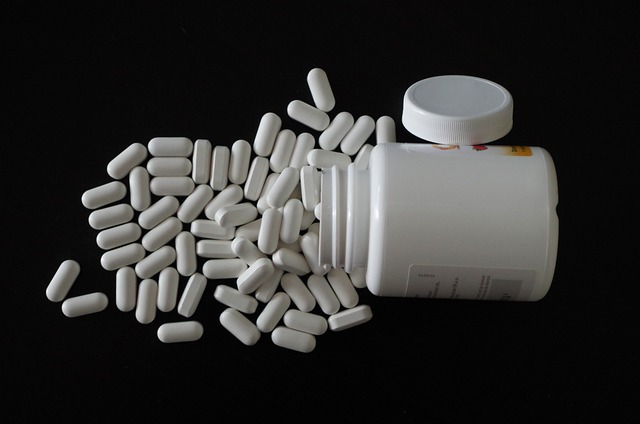Managing Hypertensive Crisis: Symptoms, Causes, and Treatment Options

Hypertensive crisis is a serious condition that arises when blood pressure levels soar to dangerously high numbers. Understanding the symptoms, causes, and treatment options for this medical emergency is essential not only for those affected but also for their families and caregivers.
What is a Hypertensive Crisis?
A hypertensive crisis occurs when blood pressure exceeds 180/120 mm Hg. This condition can lead to severe complications, including heart attack, stroke, and organ damage. It’s important to recognize the signs early to prevent these potentially life-threatening outcomes.
Symptoms to Watch For
Recognizing the symptoms of a hypertensive crisis is crucial. Common symptoms include:
- Severe headache
- Nausea and vomiting
- Shortness of breath
- Chest pain
- Vision changes
- Confusion or altered mental state
If you or someone you know experiences these symptoms, it’s critical to seek immediate medical attention. Ignoring these signs could lead to serious health complications.
Causes of Hypertensive Crisis
Understanding the underlying causes of a hypertensive crisis can help in its prevention. Several factors can contribute to this condition:
- Poorly managed hypertension: Individuals with a history of high blood pressure who do not adhere to their treatment plan are at a greater risk.
- Sudden withdrawal from blood pressure medications: Stopping medications abruptly can cause blood pressure to spike.
- Substance abuse: Drugs such as cocaine and amphetamines can lead to rapid increases in blood pressure.
- Excessive alcohol consumption: Binge drinking can also precipitate a hypertensive crisis.
- Kidney disease: Impaired kidney function can contribute to blood pressure regulation issues.
If you want to know more about the relationship between kidney health and hypertension, check out this study on kidney disease and hypertension.
Treatment Options
When faced with a hypertensive crisis, immediate medical intervention is necessary. Treatment options may vary depending on the severity of the condition:
- Medication: Healthcare providers often administer fast-acting medications intravenously to lower blood pressure quickly. Common medications include nitroglycerin, sodium nitroprusside, and labetalol.
- Monitoring: Patients will typically be closely monitored in a hospital setting to ensure their blood pressure stabilizes.
- Long-term management: Following a hypertensive crisis, doctors usually recommend a comprehensive treatment plan that includes lifestyle changes, regular check-ups, and possibly a revised medication regimen.
For more information on effective management strategies for hypertension, you can visit the American Heart Association’s website.
Living with Hypertension
Managing hypertension involves a holistic approach that includes regular physical activity, a balanced diet, and stress management techniques. Here are a few tips to help keep blood pressure in check:
- Exercise regularly: Aim for at least 150 minutes of moderate aerobic activity each week.
- Eat a heart-healthy diet: Incorporate plenty of fruits, vegetables, whole grains, and lean proteins.
- Limit sodium intake: Reducing salt in your diet can help lower blood pressure.
- Monitor your blood pressure: Regular check-ups can help catch potential issues early.
Being proactive about your health can make all the difference in managing hypertension effectively. If you or someone you know experiences a hypertensive crisis, remember that timely intervention is key to preventing serious complications.
